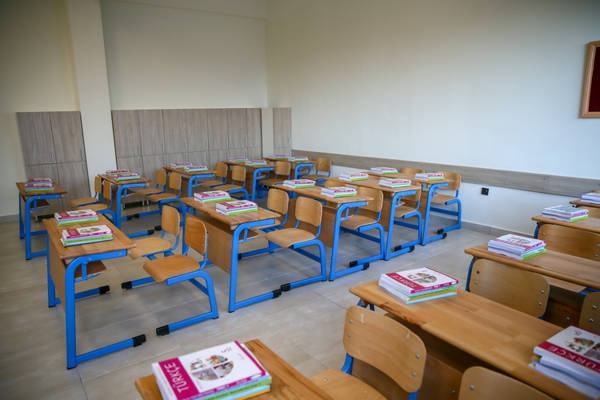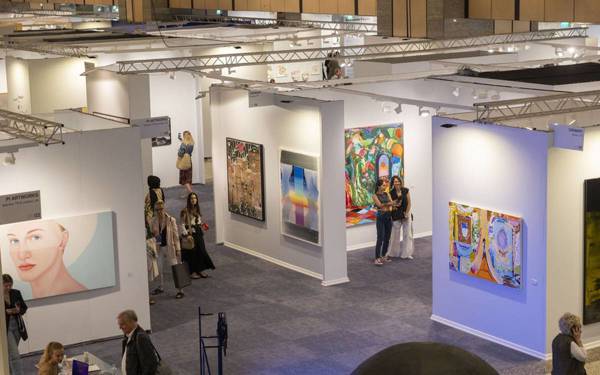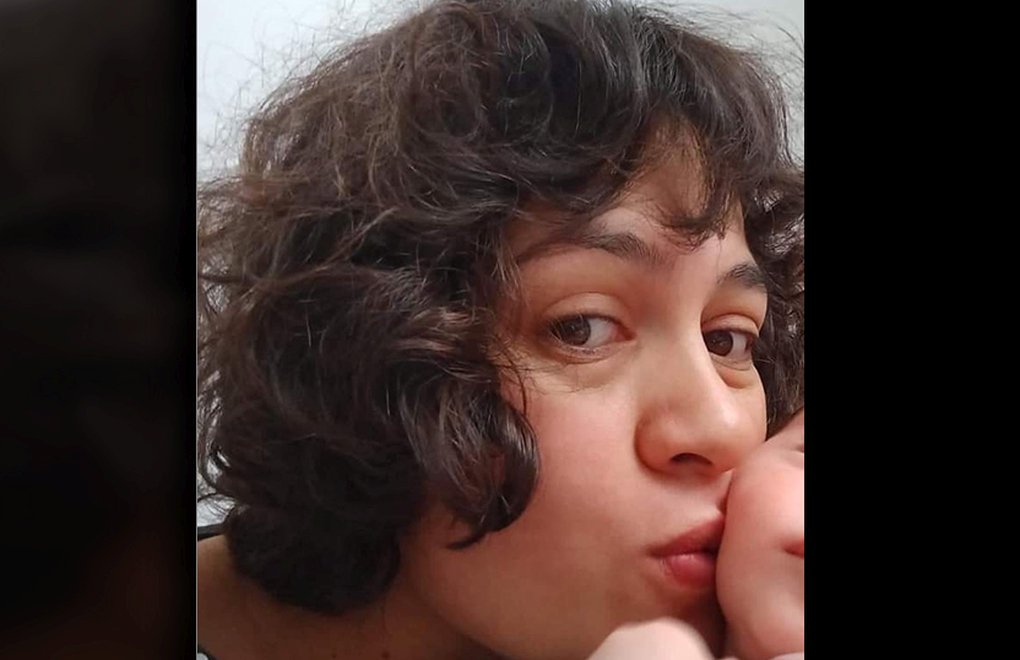* Photo: AA / Archive
Click to read the article in Turkish
"The door of creativity between us and our students has closed in this period," says Gülesra, a teacher working in a village in Turkey's southeastern province of Diyarbakır.
She notes that schools provide an opportunity of relaxation and socialization to children living in villages. "It was also a place where we would discover new doors and go on a journey together," she adds.
In the days of coronavirus outbreak, a new online event is shared for children on social media everyday, they are told stories online. But, what about the children living in villages? Gülesra has offered us a snapshot from Diyarbakır based on her own experience:
"When I look at it from the perspective of the children that I teach, I find it a bit bothering. There is no Internet in the village, phones have no cell reception here, the contact to be made with parents is limited... All of these, unfortunately, cast us away from coping methods."
As a person who is both a teacher working in a village in Diyarbakır and a children's rights activist, can you draw the picture that you have there from children's eyes?
I don't know whether I can look at it from the eyes of children or not. But, from the eyes of an adult, I think that the needs of children for health, nutrition, connection, communication, game, trust, etc. are triggered in this period. They experience uncomfortable feelings like worry and anxiety.
Even we, adults, started to feel anxious on the 15th day of quarantine despite all this experience of endurance. These periods are harder for children, in my opinion. And, driven by different needs, every child has a different hardship. The opportunities offered and the measures taken are not equal for every child, unfortunately. This process doesn't proceed equally especially for poor children, refugee children or children in prison.
'Door of creativity has closed'
What about the access to the Internet or other devices like computers and smartphones in the village? How can you get in contact with children? What do they ask and wonder?
To start with the school... Though it is a village, school was a place where children could relax and socialize. It was also a place where we would discover new doors together, where we would go on a journey. In fact, our door of creativity has closed in this period.
In addition to this, several children are worried that they will academically lag behind their peers. Several people have accessed a coping method, say, with online trainings, new planings oriented to home, arrangements, ets.
'Distance education not inclusive for differences'
When I look at it from the perspective of the children that I teach, I find it a bit bothering. There is no Internet in the village, phones have no cell reception here, the contact to be made with parents is limited... All of these, unfortunately, cast us away from these coping methods. Only the EBA TV [distance education] that they can reach on television is left for them. However, it is, unfortunately, not inclusive for special conditions of children or their differences such as the mother language, etc.
Apart from that, there are also things that I hear from other teachers. About online classrooms set up in private schools and the swift adaptation of children... Not every child has the same motivation, either. Similarly, there are news that a private educational institution has closed down and children with special needs are just left there, unable to communicate.
'Some of them are curious about animals'
When I look at the local organizations working with children, they are also struggling to adapt themselves to the process. Some of them have started to give online workshops, for instance. Or the ones that reach parents with weekly kits or that get involved in the domestic planning somehow... There are also some local organizations whose situation is similar to what we have in my village. For example, Rengarenk Umutlar (Colorful Hopes) Association has started giving workshops via teleconference. The only way that they can reach children is a phone with poor cell reception.
And about the questions and curiosities of children... I think, they are much more curious than adults. To given an example, what we, adults, first wondered was what COVID-19 was, how it could be transmitted and how we could protect ourselves from it. Maybe, we also start to wonder when it will end. Children seem to be thinking more deeply about it. As far as I can observe, hear and experience, they wonder the real cause of this process. They wonder which mistakes have led to it, for instance. Or there are the ones wondering what we, humans, should do to prevent a similar outbreak in the future. The ones curious about animals, those who do research on what can happen if this process goes on like this...
'Measures should be taken for refugee children'
How is the condition of refugee children in this process?
Even when there was no outbreak, refugee and migrant children and the ones displaced or forced to leave their homes were facing great obstacles in accessing healthcare services and preventive services like hygiene opportunities. Therefore, with the outbreak, the situation of children is more risky. Measures need to be taken for refugee children quickly. There are also children seeking asylum in this process. They are just left there when the borders are closed. They are prevented from reaching their families. An urgent solution needs to be found for them.
'3 parents of my students have lost their jobs'
Are there families who cannot do their jobs or who have been dismissed? How have parents responded to this period?
Three parents of my students in the village used work in central Diyarbakır, for instance. They are now in the village, they are no longer working. These are the ones that I have witnessed in person. There are, of course, others that we have heard about. There are several people left unemployed, which affects the family and, naturally, children as well.
It is difficult for parents, too. Yes, they were also sharing the same house, the same place before, but it is probably the first time that they are experiencing it in such closely spaced conditions where they cannot see the outside world.
On the one side, they have to protect their own health, both physically and mentally; on the other side, as parents, they are responsible for the needs and healths of their children. To top it all, they probably have to work from home to sustain their lives. This process must be hard for them. They might need a more empowering mechanism. I hear similar hardships from the parents that tell their experiences. They say they are tired quite often.
'We have to listen to children more in this process'
Parents are recommended to do activities with their children at home, like pictures or handcrafts. How concentrated do you think children are in this time of closure? Are they concerned for the future?
It might depend on the child. Not every child has the same need or feeling. And they, of course, don't have the same experience of the process. There are both the ones who cannot concentrate and the ones who have swiftly adapted and moved on with the process. We need to listen to the experts working in psychosocial field more here. They frequently talk about leading children to do things that will increase and build up their endurance, which I agree. It can be painting, handcraft, playing a musical instrument or counting the people with masks from the window. If the child is not willing, it is important to try to understand this. The reason or the need underlying this unwillingness might be pointing at something else.
About concerns for the future... As I have said before, we have heard incredibly curious questions from children. Like a curiosity about the future in terms of the planet's continuity and sustainability. It also has anxiety in it. With this, this anxiety wants an answer, too.
I think that we, adults, need to listen to children more in this process and to set everything from scratch when the outbreak is over. (AÖ/SD)





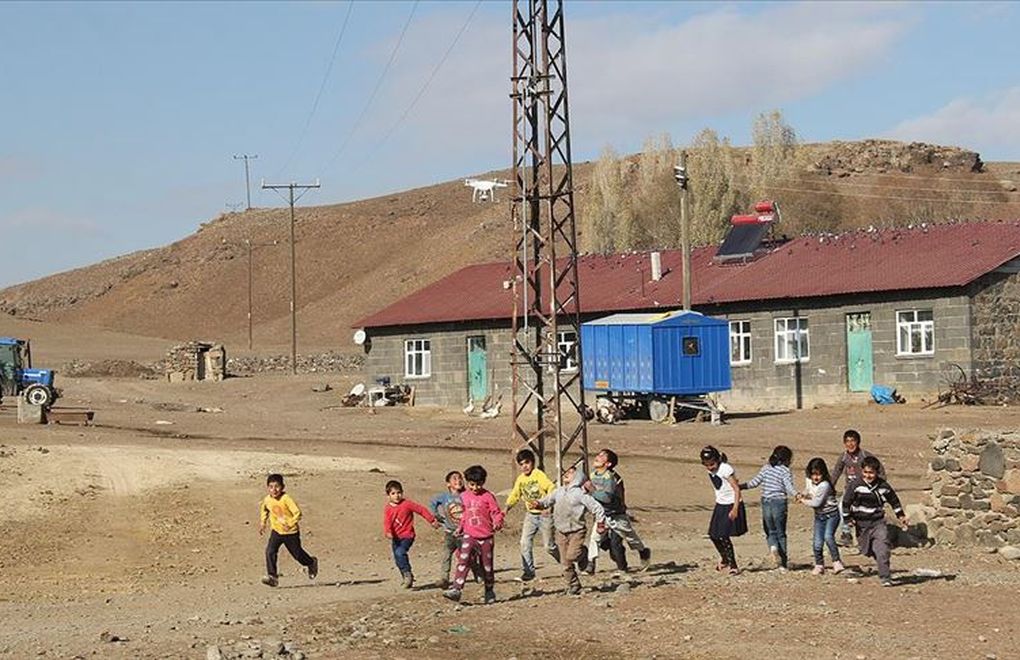
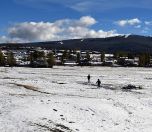
asas.jpg)
